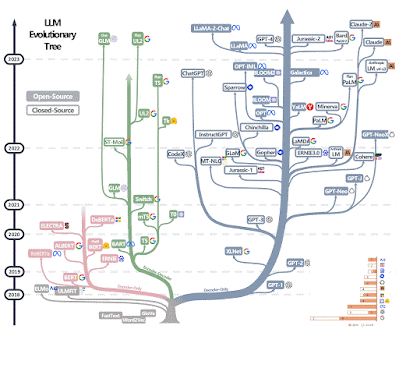Artificial intelligence (AI) brings numerous benefits and transformative potential, but it also poses certain risks and challenges. Here are some commonly discussed risks and problems associated with AI:
1. Ethical Concerns: AI systems may exhibit biased or discriminatory behavior, as they learn from data that reflects human biases. This can result in unfair decision-making, such as biased hiring practices or discriminatory loan approvals.
2. Privacy and Data Security: AI relies on large amounts of data, which raises concerns about privacy and data security. Mishandling or misuse of personal data collected by AI systems can lead to privacy breaches and potential abuse of personal information.
3. Lack of Transparency: Deep learning algorithms can be complex and opaque, making it difficult to understand how AI systems arrive at their decisions. Lack of transparency can hinder accountability and make it challenging to identify and address potential biases or errors.
4. Job Displacement: AI and automation have the potential to automate certain tasks and jobs, leading to job displacement for some workers. This can result in socio-economic challenges, particularly for those in industries heavily impacted by automation.
5. Dependence and Unintended Consequences: Overreliance on AI systems without appropriate human oversight can lead to dependence and potential vulnerabilities. Additionally, AI systems can exhibit unintended consequences or make errors when faced with situations that fall outside their training data.
6. Security Risks: AI systems can be susceptible to malicious attacks, such as adversarial attacks that manipulate input data to deceive AI models or expose vulnerabilities. As AI becomes more integrated into critical systems like autonomous vehicles or healthcare, the potential for security risks increases.
7. AI Arms Race and Misuse: The rapid development and deployment of AI technology can contribute to an AI arms race, where countries or organizations compete to gain a strategic advantage. Misuse of AI technology for malicious purposes, such as cyber warfare or deepfake manipulation, is also a concern.
8. Bias and Discrimination: AI systems can inadvertently perpetuate or amplify existing biases present in the training data. This can lead to discriminatory outcomes, reinforcing social inequalities and marginalizing certain groups.
9. Legal Regulation: The rapid advancement of AI technology has outpaced the development of comprehensive legal frameworks. The lack of clear regulations can pose challenges in addressing issues such as liability, accountability, and governance of AI systems.
10. Inequality: The adoption of AI may exacerbate existing socio-economic inequalities. Access to AI technologies, resources, and expertise may be limited to those with financial means, widening the gap between technological haves and have-nots.
11. Market Volatility: The widespread adoption of AI has the potential to disrupt industries and job markets, leading to market volatility. The rapid pace of technological change can result in winners and losers, creating economic and social uncertainties.
It is important to address these risks and problems through a combination of technical measures, policy frameworks, and public dialogue to ensure the responsible and ethical development and deployment of AI systems. Also, at the same time its important that these risks and problems are not inherent to AI but arise from the way AI is developed, deployed, and regulated. Efforts are being made by researchers, policymakers, and organizations to address these challenges and promote the responsible and ethical use of AI.
References
- Jobin, A., Ienca, M., & Vayena, E. (2019). The global landscape of AI ethics guidelines. Nature Machine Intelligence, 1(9), 389-399.
- Bostrom, N., & Yudkowsky, E. (2014). The ethics of artificial intelligence. Cambridge Handbook of Artificial Intelligence, 316-334.
- Floridi, L., & Cowls, J. (2019). A unified framework of five principles for AI in society. Harvard Data Science Review, 1(1).
- Taddeo, M., & Floridi, L. (2018). Regulate artificial intelligence to avert cyber arms race. Nature, 556(7701), 296-298.
- OECD. (2019). AI principles: OECD Recommendation on Artificial Intelligence. Retrieved from http://www.oecd.org/going-digital/ai/principles/
- Brundage, M., et al. (2020). Toward trustworthy AI development: Mechanisms for supporting verifiable claims. arXiv preprint arXiv:2004.07213.
- Buolamwini, J., & Gebru, T. (2018). Gender shades: Intersectional accuracy disparities in commercial gender classification. Proceedings of the 1st Conference on Fairness, Accountability and Transparency, 77-91.
- Haggerty, K. D., & Trottier, D. (2019). Artificial intelligence, governance, and ethics: Global perspectives. Rowman & Littlefield International.
- Floridi, L., & Taddeo, M. (2018). What is data ethics? Philosophical Transactions of the Royal Society A: Mathematical, Physical and Engineering Sciences, 376(2128), 20180080.
- Brynjolfsson, E., & McAfee, A. (2014). The second machine age: Work, progress, and prosperity in a time of brilliant technologies. WW Norton & Company.









